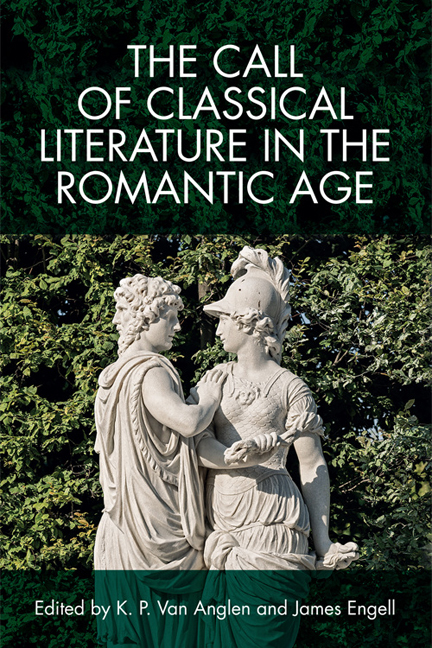6 - Thoreau’s Epic Ambitions: “A Walk To Wachusett” and the Persistence of the Classics in an Age of Science
Published online by Cambridge University Press: 06 May 2021
Summary
Since the 1970s, scholars of Henry David Thoreau have taken a renewed interest in the last dozen years or so of his life, seeing it as a period principally marked by his devotion of time and intellectual effort to understanding the natural world. They have in many ways been right to do so, of course, since after about 1849, Thoreau increasingly came under the influence of Darwin and Alexander von Humboldt; his commitment of time and energy to field work and observation grew as well; and both his later Journal and the nature writings he left unfinished at his death more and more focus on nature as a system of which we are observers and yet a part. It would be wrong, however, to conclude from this that Thoreau's biography can be neatly divided into an earlier, chiefly literary or philosophical period, and a final, more “scientific” one. For one thing, Thoreau's commitment to political, social, and personal reform (e.g., with regard to abolition) actually grew during the 1850s and 1860s alongside his increased engagement with the natural world. Thoreau's writing about nature was, moreover, often affected both stylistically and substantively by his political and social concerns, as also by his awareness of his double stance, as both a writer about and recorder of natural phenomena, of which he himself was one. For example, his comments on the advocates of the Free Soil movement not only correct their tendency toward misreading the landscape in political terms, they also bespeak Thoreau's own range of reference in writing about nature and in observing phenomena. This illustrates the persistence— indeed, flourishing—of intellectual foci in his later works other than natural science. For Thoreau was interested neither in pursuing a strategy of polarization between opposing thematic interests nor in declaring any one of them his predominant or ultimate area of concern. What we find, instead, is the recurrent revelation that Thoreau's “central strategy” is that of “doubleness or paradox … a persistent habit of non-binary thought, a continual recognition of the ways in which ‘the universe is wider than our views of it.’”
- Type
- Chapter
- Information
- The Call of Classical Literature in the Romantic Age , pp. 153 - 192Publisher: Edinburgh University PressPrint publication year: 2017



